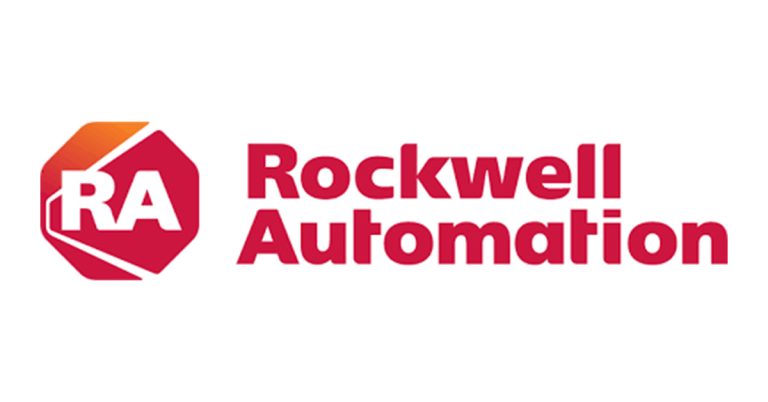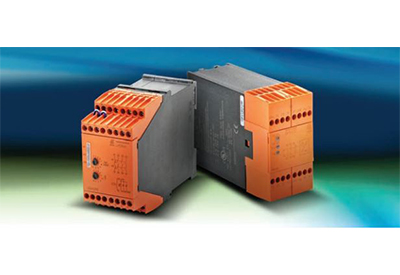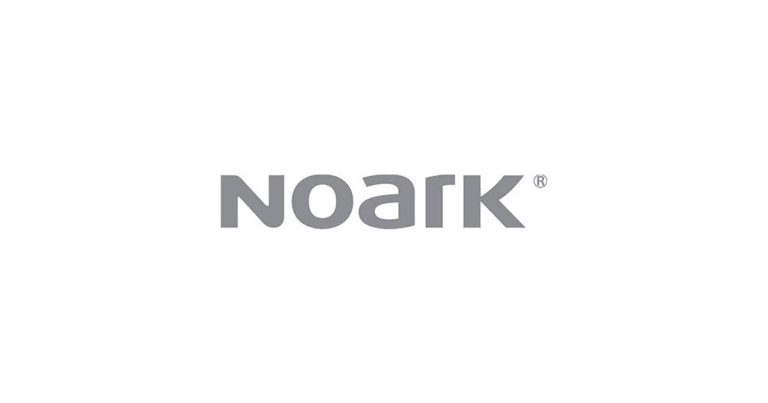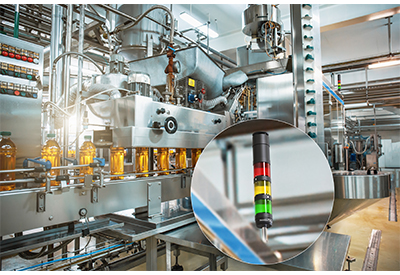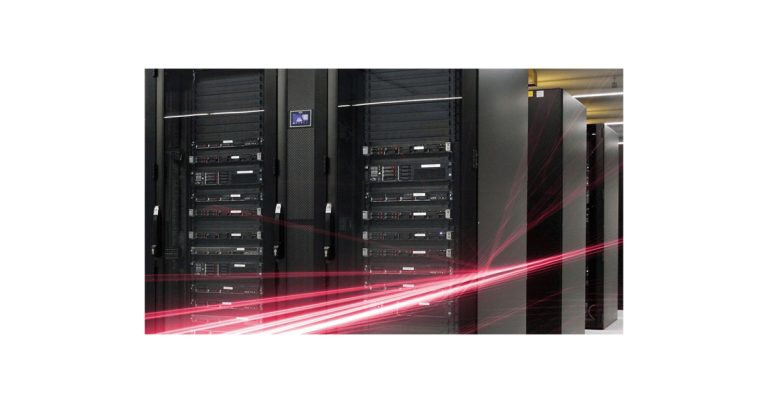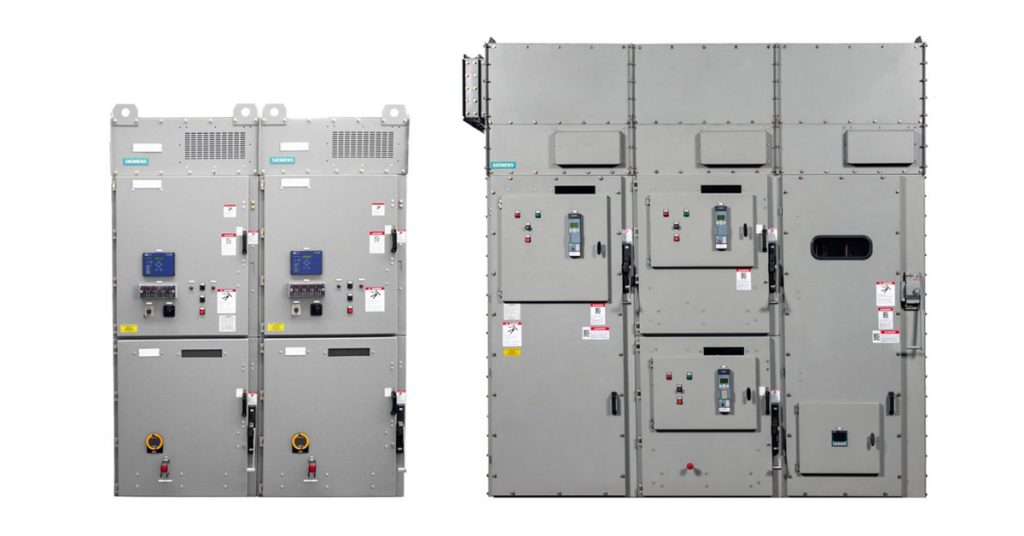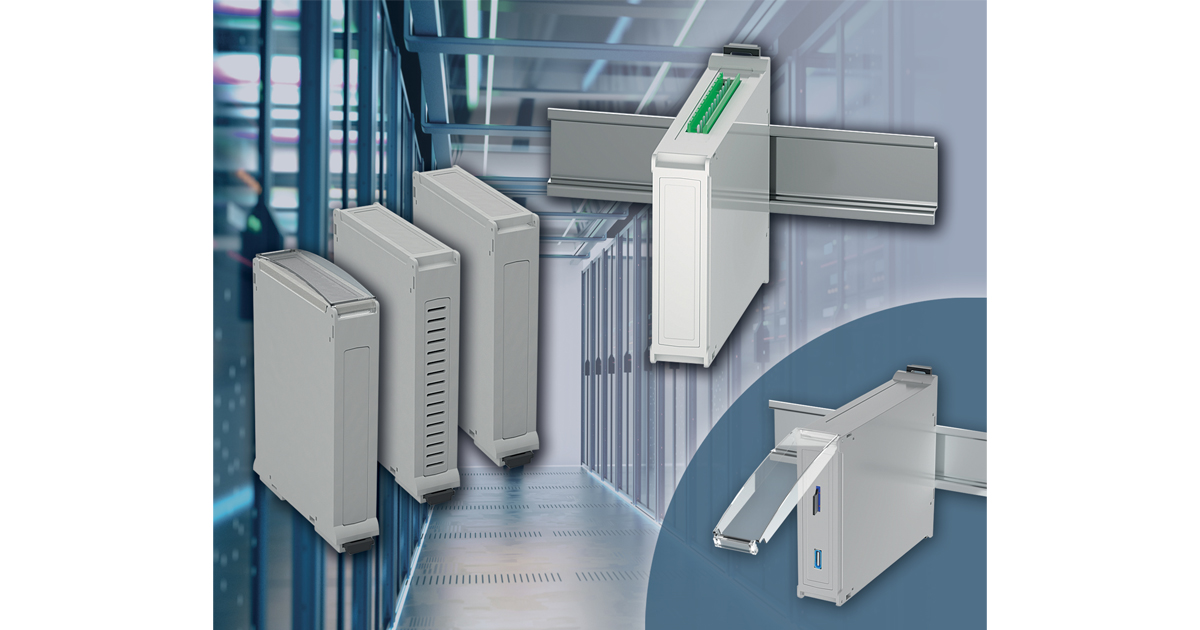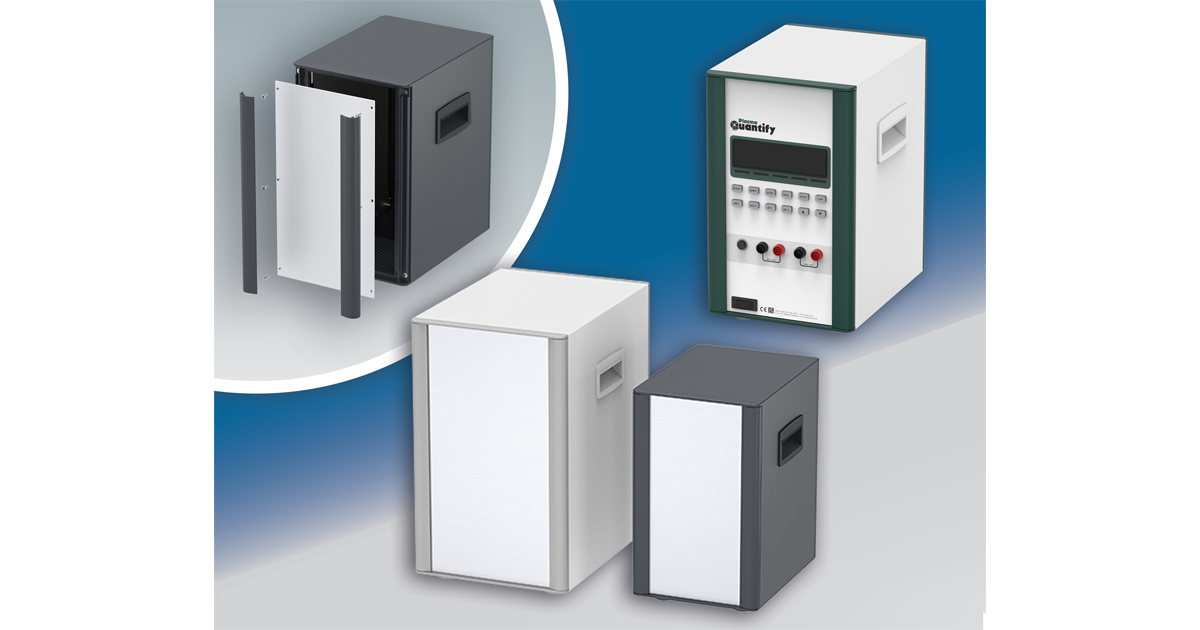Understanding Ground Fault Protection: Importance and Implementation
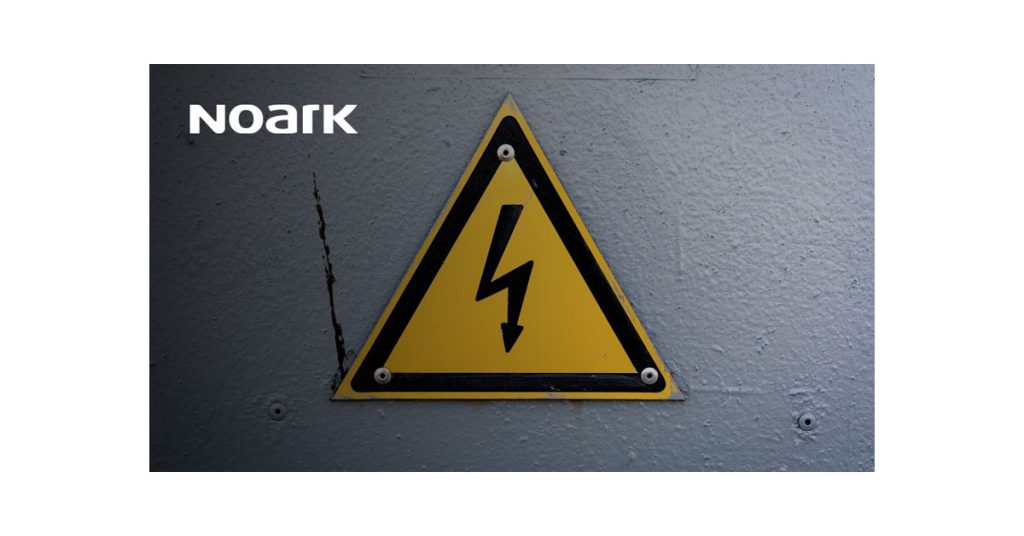
April 18, 2024
By Isaac Hanna, Technical Product Manager, NOARK Electric
Ground fault protection is a critical aspect of electrical safety in both residential and commercial settings. Understanding what ground fault protection is, why it is important, and how it is implemented can help prevent electrical hazards and ensure the safety of individuals and property. In this blog, we will delve into the significance of ground fault protection and explore the various methods of implementation.
What is Ground Fault Protection?
Ground fault protection is a safety feature designed to detect electrical faults that occur when current leaks from an electrical circuit to the ground. This can happen due to damaged insulation, faulty wiring, or equipment malfunctions. Ground faults can lead to electric shocks, fires, and damage to electrical systems if not promptly detected and addressed.
Where is Ground Fault Required by NEC?
Ground fault is required by the NEC in the following locations:
- Bathrooms: All 120-volt, single-phase, 15- and 20-ampere receptacles installed in bathrooms must have GFCI protection.
- Kitchens: GFCI protection is required for outlets serving countertop surfaces, as well as outlets near sinks and other water sources.
- Outdoor Locations: Outlets installed outdoors, including on decks, porches, patios, and near swimming pools or fountains, must have GFCI protection.
- Garages and Crawl Spaces: GFCI protection is typically required for outlets in garages, unfinished basements, and crawl spaces.
- Boathouses and Marina Locations: Any electrical outlets or receptacles near bodies of water should be protected by GFCIs.
- Laundry Areas: Outlets serving laundry sinks or appliances in laundry areas require GFCI protection.
- Utility Sinks: Outlets serving utility sinks often require GFCI protection.
- Wet or Damp Locations: Any outlet installed in areas where water or moisture is present, such as workshops, must be GFCI protected.
- Commercial and Industrial Locations: GFCI protection is often required in areas with potential water exposure or where electrical equipment is used.
Importance of Ground Fault Protection
Ground fault protection is critical to safety and best practices when building structures for the following reasons:
- Safety: Ground fault protection helps prevent electric shocks and protects individuals from potential harm.
- Fire Prevention: By detecting ground faults early, the risk of electrical fires is significantly reduced.
- Equipment Protection: Ground fault protection safeguards electrical equipment from damage caused by ground faults, saving on repair and replacement costs.
- Compliance: Many electrical codes and regulations mandate the installation of ground fault protection to ensure safety standards are met.
Methods of Ground Fault Protection Implementation
There are four generally accepted methods of ground fault protection implementation in North America:
- Ground Fault Circuit Interrupters (GFCIs): GFCIs are commonly used in residential and commercial settings to provide protection against ground faults. They monitor the flow of current and quickly shut off power if a ground fault is detected.
- Differential Relays: In industrial settings, differential relays are used for more sensitive protection against ground faults in high-voltage systems. These relays compare the current entering and leaving a system to detect any imbalance caused by a ground fault.
- Ground Fault Monitoring Systems: These systems continuously monitor electrical circuits for ground faults and provide alerts or automatically shut off power when a fault is detected. They are commonly used in critical infrastructure and industrial applications.
- Receptacles: A Ground Fault Circuit Interrupter (GFCI) receptacle safeguards against electric shocks by monitoring the flow of electricity in a circuit. It compares the outgoing current through the hot wire with the returning current through the neutral wire; any imbalance indicates a ground fault or leakage. Upon detecting a fault, the GFCI swiftly cuts off power to the circuit, preventing potential electric shocks even from minor current leaks as low as 5 milliamps. After tripping, the GFCI can be reset manually using a button on the receptacle.
Make Your Power Systems Safer with NOARK
Ensuring the safety and efficiency of your facility’s power system doesn’t have to be complicated. NOARK electric offers a comprehensive catalog of electrical components from circuit protection to industrial control units at a competitive price and short lead times. This means you don’t have to sacrifice quality and price for speed.



